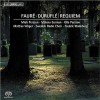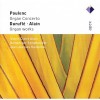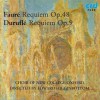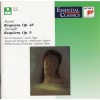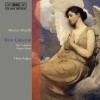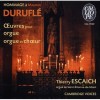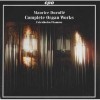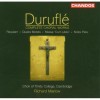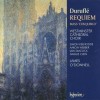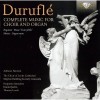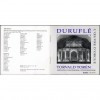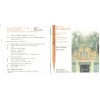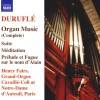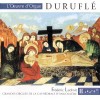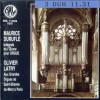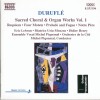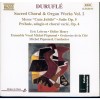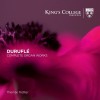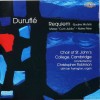| Country: | France |
| Period: | XX age, Neoclassicism |
Biography
Maurice Duruflé (11 January 1902 – 16 June 1986) was a French composer, organist, and pedagogue.
Duruflé was born in Louviers, Eure. In 1912, he became chorister at the Rouen Cathedral Choir School, where he studied piano and organ with Jules Haelling. At age 17, upon moving to Paris, he took private organ lessons with Charles Tournemire, whom he assisted at Basilique Ste-Clotilde, Paris until 1927. In 1920 Duruflé entered the Conservatoire de Paris, eventually graduating with first prizes in organ, harmony, piano accompaniment, and composition. His harmony professor was Jean Gallon.
In 1927, Louis Vierne nominated him as his assistant at Notre-Dame. Duruflé became titular organist of St-Étienne-du-Mont in Paris in 1929, a position he held for the rest of his life. In 1936, he won the Prix Blumenthal. In 1939, he premiered Francis Poulenc's Organ Concerto (the Concerto for Organ, Strings and Timpani in G minor); he had advised Poulenc on the registrations of the organ part. In 1943 he became Professor of Harmony at the Conservatoire de Paris, where he worked until 1970.
In 1947, Duruflé wrote what is probably the most famous of his few pieces: the Requiem op. 9, for soloists, choir, organ, and orchestra. The same year, Marie-Madeleine Chevalier became his assistant at St-Étienne-du-Mont. They married on 15 September 1953. (Duruflé's first marriage to Lucette Bousquet, contracted in 1932, ended in civil divorce in 1947 and was declared null by the Vatican on 23 June 1953.) The couple became a famous and popular organ duo, going on tour together several times throughout the sixties and early seventies.
uruflé suffered severe injuries in a car accident on 29 May 1975, and as a result he gave up performing; indeed he was largely confined to his apartment, leaving the service at St-Étienne-du-Mont to his wife Marie-Madeleine (who was also injured in the accident). He died in Louveciennes (near Paris) in 1986, aged 84.





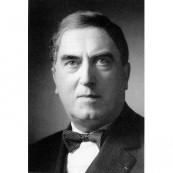

![Essential Organ [CD 2 of 2]](http://static.classicalm.com/repository/collection-cover/small/1308-img1359482896626185.jpg)
![Tresors des Requiem [CD 4 of 4]](http://static.classicalm.com/repository/collection-cover/small/1380-img1374577451653121.jpg)
![Nouvelles Couleurs de l'Orgue [CD 1 of 2]](http://static.classicalm.com/repository/collection-cover/small/1023-img1343994250261534.jpg)
![Great European Organs. 11-Kimberly Marshall [St Sernin Toulouse]](http://static.classicalm.com/repository/collection-cover/small/861-img1340720744257035.jpg)
![Great European Organs. 59-Roberto Bertero [St Eustache Paris]](http://static.classicalm.com/repository/collection-cover/small/957-img1342430319721917.jpg)
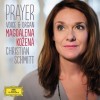
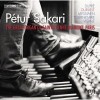
![Cecilia Bartoli – Sospiri [CD 2 of 2]](http://static.classicalm.com/repository/disk-cover/small/3054-img1375438347839669.jpg)
